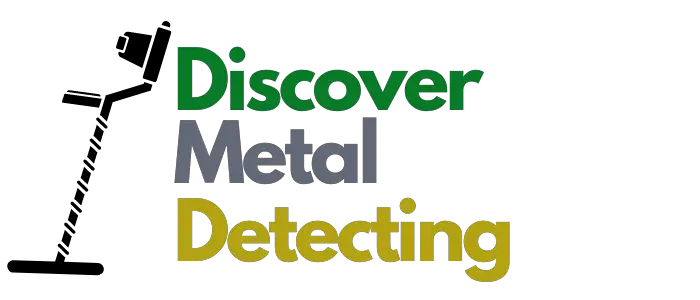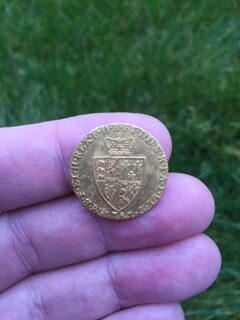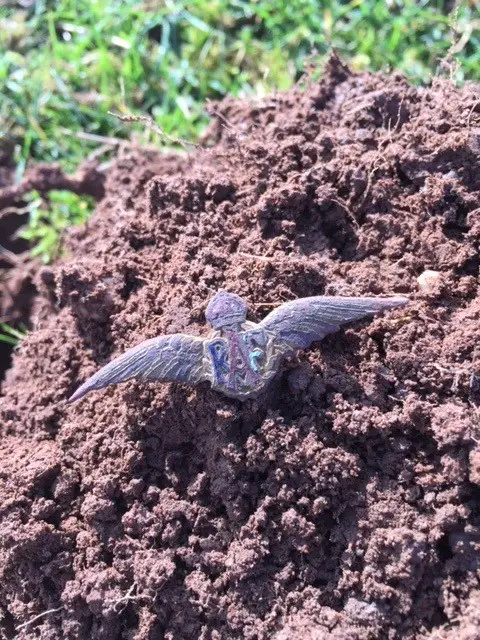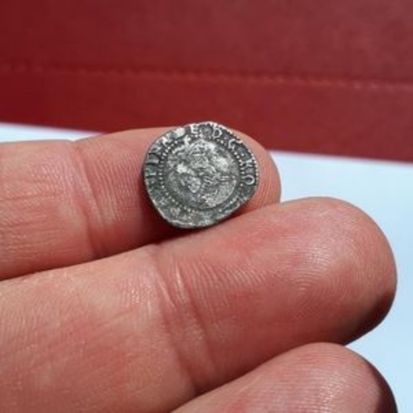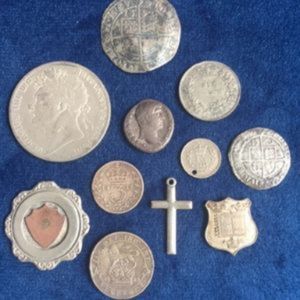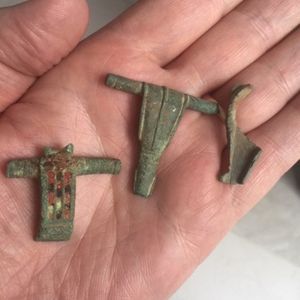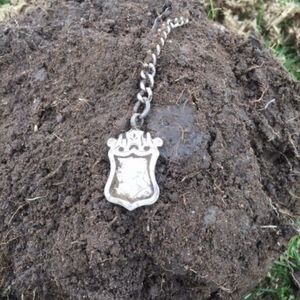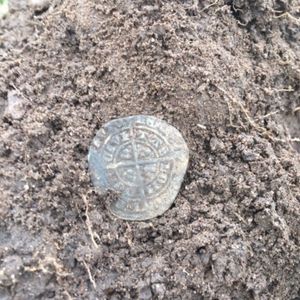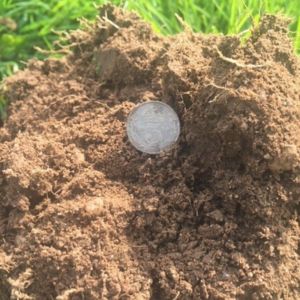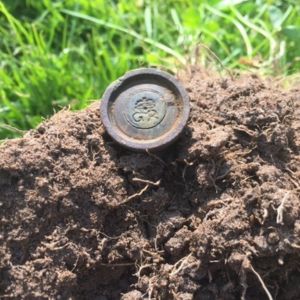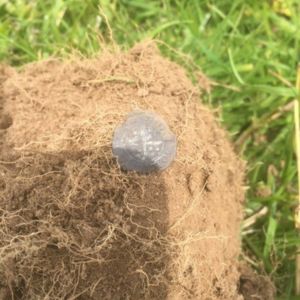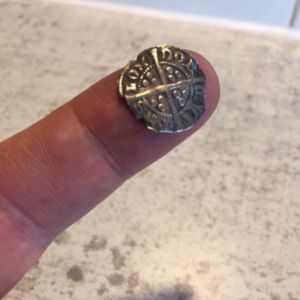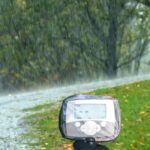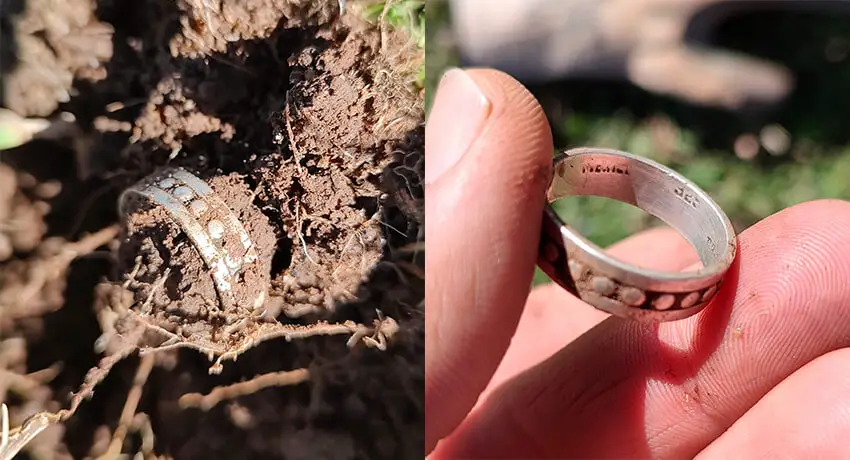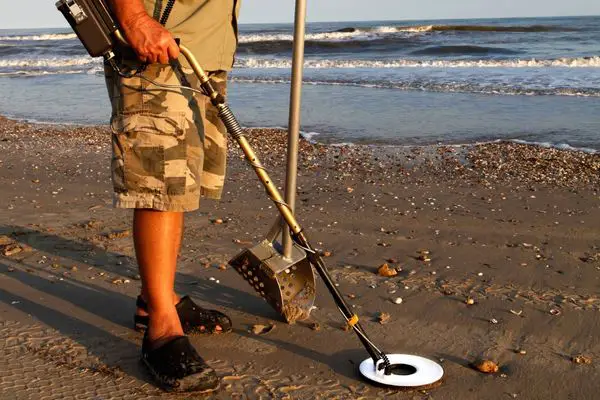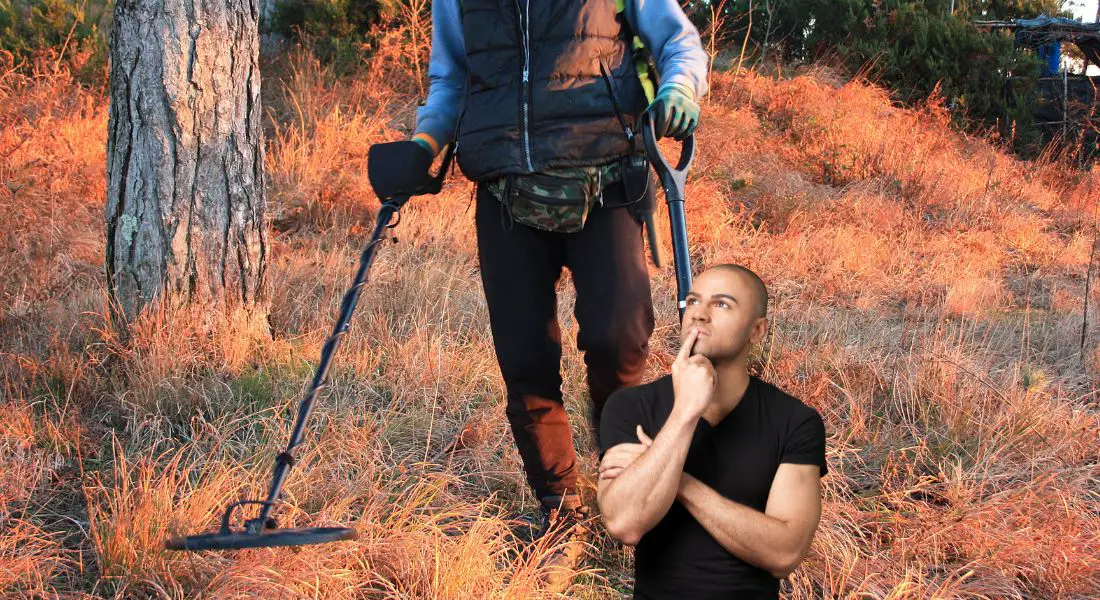Treasure meaning
Treasure meaning is defined as any metal object that isn’t a coin that has at least 10% of its weight taken up with a precious metal, namely silver or gold. It also has to be at least 300 years old to qualify.
This means that in most cases, this treasure definition will cover an item of jewellery, a religious icon or generally something that wasn’t legal tender at the time.
If an object is thought to be prehistoric, it will most definitely be classed as treasure if any part of it contains a precious metal.
As a caveat to this, if two or more metallic objects that are prehistoric are found in the same loss, this is also classed as treasure regardless of any precious metal content.
If two or more coins are found in the loss, are at least 300 years old and contain at least 10% of a precious metal, this is also classed as treasure.
As a caveat to this, if the coins have less than 10% of a precious metal in them, there would need to be at least 10 of them in the same loss to be classed as treasure.
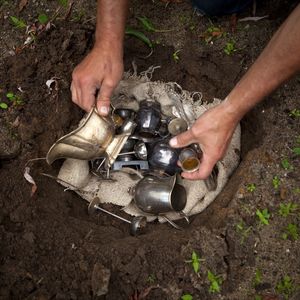
A view must be taken regarding finds and their proximity to each other in respect of whether the loss of these finds occurred at the same time.
This usually would be in the form of a “hoard” which has been deliberately buried and hidden, a small group of coins from a “purse” loss or a religious offering of votive artefacts that have been buried.
Finally, if an object, regardless of its use is found along with something that is classed as treasure, this will be regarded as treasure also.
Regarding objects that are less than 300 years old, these would need to contain a substantial amount of precious metal and a view taken that they have been deliberately buried with the intention that the person (or persons) at some stage were going to return to retrieve them.
Of course, in order to go through this process, you would need to have found a buried item of treasure. I have some more supporting articles that can help get you started.
You can read my article on metal detecting for beginners here and also my article helping to choose the best metal detector for beginners here.
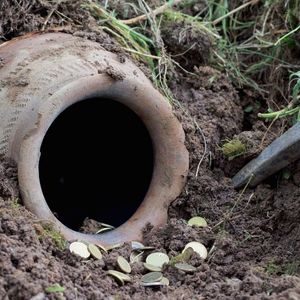
Remember however that in many cases, these types of buried items can be hit by farm machinery and scattered over a wider area so it’s something to keep in mind.
I have seen this occur several times on organised digs with my detecting club.
I do have another article that touches on the legal aspects of metal detecting and law in is metal detecting legal here. It’s also important at this stage to discuss the topic of metal detecting permission.
All land in the UK belongs to someone. Even open land looked after by your local council will ultimately be owned by the Crown.
If you venture out onto land without permission and find something of monetary value or historic value taking it away, you are “technically” stealing.
I have a great article the explains this further in metal detecting rules UK here.

Unbeatable Multi Frequency!
You can now get the ultimate power of multi frequency technology over single frequency detectors with the Minelab Vanquish range of detectors.
The entry level Vanquish 340 now gives you ultimate depth, stability and sensitivity on all target types in every soil, including wet beach sand.
Treasure Trove
The meaning of “Treasure Trove” is essentially for these purposes the same as “Treasure”. The term Treasure Trove is no longer widely used because in 1996, things were updated to provide more definition as to prevent any precious items falling through the net so to speak.
The whole process is now covered by the “Treasure Act 1996” which is what is termed as “Statute Law”. This means that any contravention of this law is a criminal act.
In fact, you can get an unlimited fine or up to 3 months in prison for not reporting a find so it’s good skills to be clued up.
What should you do if you find treasure?
If you suspect that you may have found treasure, the important thing to remember is not to panic! As long as you follow the process, you’ll be safe in the knowledge that you’ll be doing the correct thing and contributing to the historical records of the UK.
You’ll also potentially get a shared pay out legally and above board.
So, from the moment you discover the find or finds, you have 14 days to declare it. This is if you know that it’s definitely treasure upon finding it.
You also get 14 days from ‘realising’ that it might be treasure. This is even if you discovered the item or items earlier and had it in your possession for longer.
This gives you the flexibility to seek further advice about the object or objects first to absolutely confirm that it is treasure. One important thing to remember here and the best piece of advice I can offer is to also use this time to get as many expert valuations as possible.
At some point, you will need to relinquish the treasure item for evaluation, and you may not see it again for some time. Many detectorists use a digital microscope to record their finds.

If the independent valuation of the object is not anywhere near the valuations you have obtained, you can appeal for the true open market valuation.
Okay, so you have your 14 days and the next part of the process is report it to the correct authority.
Your first port of call should be your local FLO (Finds Liaison Officer). Your local FLO will be affiliated to your nearest museum and be responsible for all small finds or what is known as “Portable” finds.
I’m suggesting this route of entry for declaration because your local FLO will know the correct process and help guide you through it. They are there to help you.
You can find a list of FLO’s and the areas they cover on the Portable Antiquities Scheme (PAS) here. Your FLO will now assess the find and report it to the Coroner.
What happens to my find after it’s been reported?

Your FLO will now compile a full report of the find for the Coroner. At this stage, a museum can log an interest in the find as so to retain it for display purposes.
Like any potential private buyer, the museum would have to pay whatever the treasure item has been valued at by the Treasure Valuation Committee.
The Coroner will then hold an inquest in which you and the land owner are invited to where they evaluate the item.
It is at this point that if a museum wants the find, it has to get it valued by the Treasure Valuation Committee.
The members of this body are experts in their field and recommend a value to the Secretary of State for the Department of Culture, Media and Sport.
This is your chance to disagree with a low valuation as I indicated earlier by having the item independently valued before declaration.
How does a payment get shared out?

You would be eligible for a payout if you are the finder of the item, had permission to search on the land and acted in good faith.
The person who owns the Freehold on the land will also get a share along with a Tenant of the land owner.
If you act in bad faith, for example trespassing or trying to evade declaration of the find, you could get a reduced share or even nothing at all.
Finally, if it’s determined that it’s not treasure or a museum doesn’t want it, the item will be returned to you. It is at this point that you can legally offer it to a specialist auction house for purchase by a private collector.
Final thoughts
Okay, we’ve covered a fair bit here and I know it feels like the “Fun Police” have entered and ruined any potential fun but it’s important to remember that we have a rich history under our feet and it’s important to record it.
The treasure process is not perfect but it does work and does offer a solution so that finds can get recorded and also benefit the finder and land owner with financial reward.
Some useful sources of information are The British Museum, the National Museum Wales and the Portable Antiquities Scheme.
Stay safe……and happy hunting!
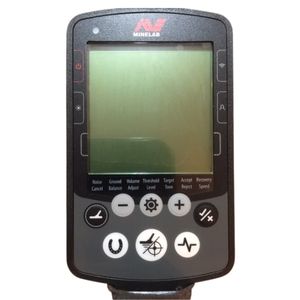
The Minelab Equinox 800
The ultimate and original multi frequency machine that has opened up a whole new world in detecting technology.
Deep detection and constant stable target identification.
